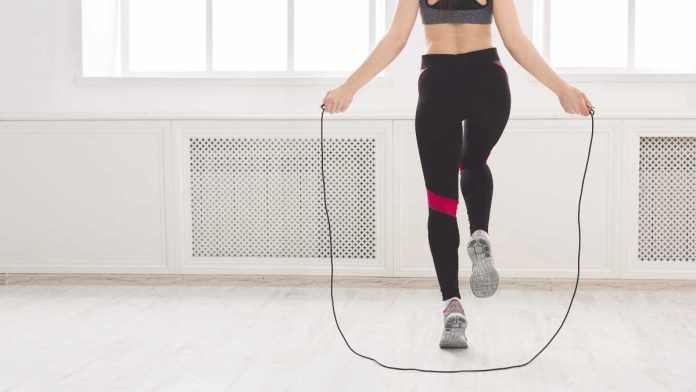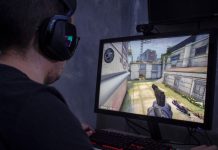After a couple of extensions, the Department of the Interior filed its response to West Flagler’s writ of certiorari request with the federal Supreme Court to hear its case surrounding Florida sports betting.
In the response, the agency addresses the three key questions essential to the challenge to Florida sports betting:
- Does the compact violate the Indian Gaming Regulatory Act (IGRA)?
- Does the compact violate the Unlawful Internet Gambling Enforcement Act (UIEGA)?
- Does compact approval violate the Fifth Amendment?
In its response, DOI relied heavily on the Circuit Court’s interpretation of the case and quoted it extensively while parroting its argument in its own words as well. Namely, the DOI argued that its approval of the compact between the Seminole Tribe of Florida and the state itself begins and ends with what takes place on tribal lands.
“IGRA does not limit or otherwise alter a State’s authority with the State on non-Indian land,” the response read. DOI, which did not explicitly sign the compact but let it go into effect without Secretary Deb Haaland’s signature also clarified the scope of the approval was only the ways in which the compact was consistent with IGRA.
While the much-debated hub and spoke argument that the location of the server determined the location of the bet in the state is at the crux of West Flagler’s argument, but DOI dismissed the importance of that approach in a federal case.
The department argued hub and spoke was not approved by IGRA but reflected an agreement by the Tribe and the State to “consider such activity to occur on tribal lands.”
As for the UIGEA question, while credit cards and ACH deposits could raise questions about the agreement, the DOI noted that there are other options, such as funding at the casino cage with cash that could easily work, rendering the question answered.
Finally, when it came to the Equal Protection of the Fifth Amendment, the DOI reiterated the Circuit Court and suggested a state court would be the more proper venue for this discussion. The response noted that the state challenge to the law was largely thrown out over a procedural issue not because it was the improper venue for the argument to take place.
In fact, the group addressed this issue in particular in its response, pointing out that this piece of the argument was previously not debated in the District and Circuit Courts, which means it is not eligible as a topic of discussion in front of SCOTUS.
It is now up to SCOTUS to determine whether or not will it hear the case.














